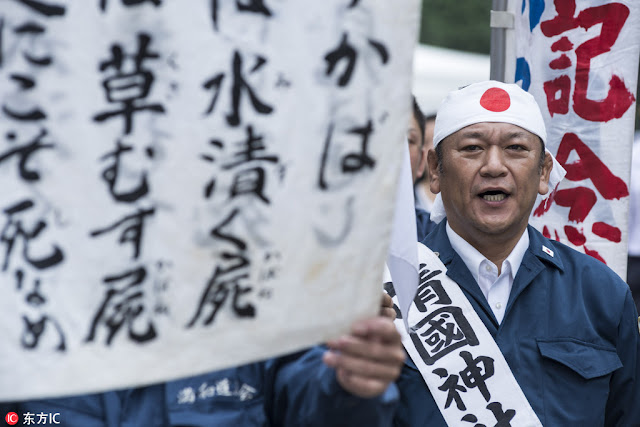Photo: Xinhua via AP
CHINA’S Victory Parade on Sept 3 (pic) was more than pageantry; it was a warning shot about the future of war. With cyber, space and information warfare now centre stage, Malaysia must turn to its greatest strength – defence diplomacy.
Our ability to build trust, balance powers and shape regional security will determine whether South-east Asia remains stable amid intensifying rivalry.
The parade held in Beijing was more than a spectacle of power. It was a statement, a declaration that the People’s Liberation Army (PLA) is no longer simply modernising; it is also redefining warfare itself.
For Malaysia and Asean, the lesson is unmistakable – the battlefield of tomorrow will extend far beyond land, sea and air. It will be fought in cyberspace, outer space and the invisible realm of information.
The response must not be passivity but strategy and, above all, defence diplomacy.
For the first time, China showcased three new branches. The Information Support Force, the Cyberspace Force, and the Aerospace Force. These are not symbolic formations.
They signal the elevation of data and algorithms, satellites and electronic warfare to the same status as tanks, ships and aircraft.
China’s message is clear; victory will belong to those who dominate information, not just territory. It is a pivot from platform-centric power to information-centric warfare, an approach that mirrors Nato and US doctrines of multi-domain operations.
Military parades are theatre, but in Beijing theatre is strategy. To its people, China portrays: “We are secure and advanced.” To Washington, it signals: “We can fight across every domain.”
To its neighbours, the message is unmistakable: “We are no longer only a regional power; we are a global power.”
Malaysia can draw at least three key lessons from this signal. First, cyber and space resilience must become national priorities. Our financial systems, communications and power grids remain exposed to sophisticated cyberattacks.
Satellites and networks are potential first targets in any conflict. The upcoming Second Phase of Defence White Paper (2026 – 2030) must treat cyber and space security as essential pillars of national defence.
Second, strategic balancing has become a non-negotiable requirement.
Malaysia cannot afford to be ensnared in a great power rivalry, but we also cannot afford to remain silent. Defence diplomacy has emerged as a fundamental strategy. Engaging China, the United States, Japan, South Korea, Australia and others is the instrument that protects our sovereignty and Asean’s neutrality.
Third, innovation in defence is an urgent imperative. The National Defence Industry Policy (DIPN) and Industrial Collaboration Programme (ICP) must prioritise dual-use technologies such as artificial intelligence, drones, cybersecurity solutions and satellite applications. Without innovation, resilience will remain out of reach.
The lesson from Beijing is not that Malaysia should embark on an arms race. It is that we must strengthen defence diplomacy as the first line of security. Defence diplomacy is about building trust with partners, engaging competitors with clarity, and using dialogue to prevent miscalculation.
It means engaging in joint exercises, officer exchanges, technology collaboration and transparent communication.
For our country, it also means positioning ourselves as a bridge, a country trusted enough to convene conversations between rivals, but firm enough to defend our national interests.
China’s parade revealed a military ready to fight across every domain. But Malaysia’s strength does not lie in matching missile for missile. Our strength lies in building coalitions, shaping norms and leading through diplomacy.
The real contest of this century is not only about who parades the largest arsenal but who builds the most resilient, cooperative and stable security architecture. That is the contest where Malaysia, through defence diplomacy, must lead.
RAEISS ILMY RAMLY Dengkil, Selangor
Source link
Related posts:







